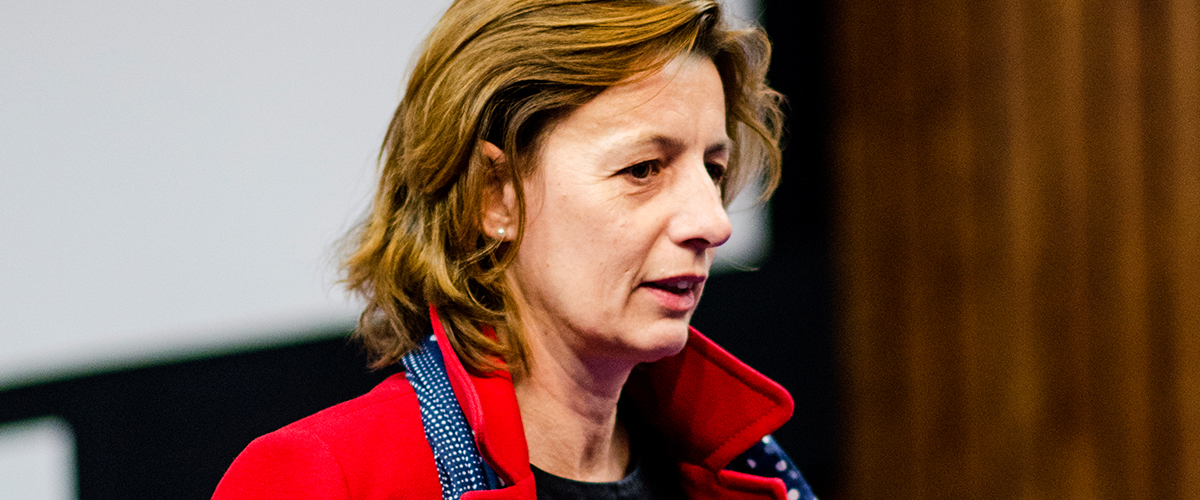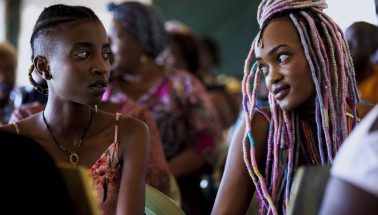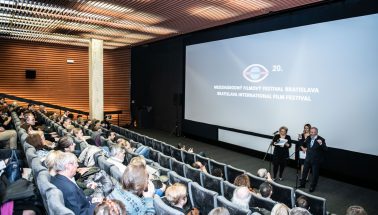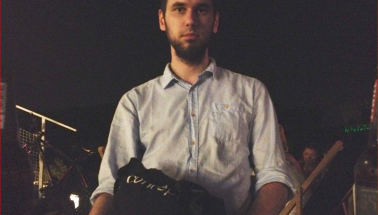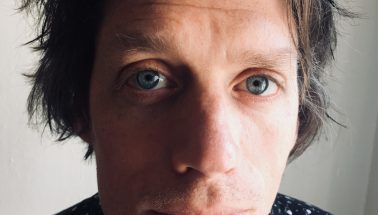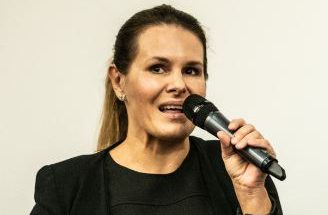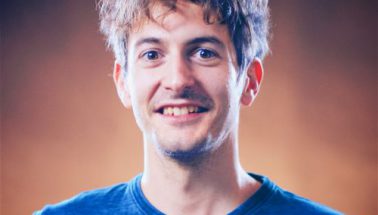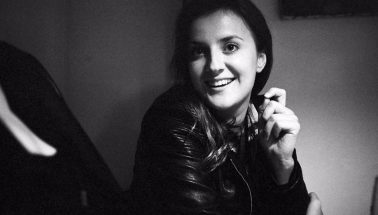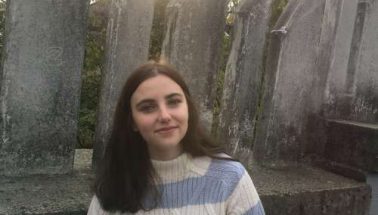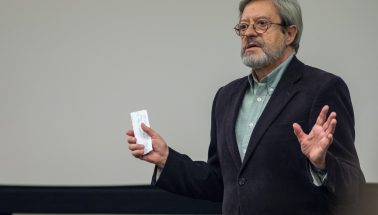Cyril Leuthy’s The Night Is Fading is a film-journey throughout family as well as French colonial history. We spoke with film’s producer Juliette Cazanave.
The film documents a journey (literally and figuratively speaking). Did the director intend to make a film from the beginning or did he start to shoot as a home movie?
He wanted to make a movie. It was not clear how it is going to look like, but he knew it’s going to be a film. For example, they went to Algeria only two years after the beginning of shooting.
The story in the film started some eight years ago. Why is the film finished only now?
The film takes place throughout the years; it’s not only one jurney. He started to shoot eight years ago and the end of the film takes place about six years later. Also, during these years, Cyril’s brother died (we understand this at the end of the film) so he stoped filming for three years, because it was too difficult. There are a lot of different time levels in the film.
Another reason, of course, is that it’s a no budget film. We had a lot of trouble finding the means to make this film.
How much was the director interfering with the “reality” during the shooting?
He had a team of two or three cameramen that, among other, gave him the possibilities during editing. For example the scene at the end when father goes outside the restaurant: Cyril sent the crew with him and later provoked the translator to go outside, too. He sensed something would happen – that they woul interact, but he stayed inside and let only the crew to film.
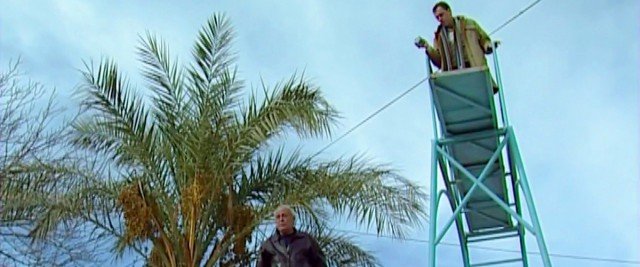
The film deals with difficult relationship between France and Algeria. How big is the topic in France.
Algeria concentrates all the difficulties of France dealing with colonialist past. We were in many African countries, but except for Algeria we are not dealing with it at all. Probably because the ties between the two countries have been the strongest of all the colonies. Many people from France came and stayed there and became Algerians so when France had to go away it was difficult for a lot of people to leave. And of course, there was a war that didn’t take place in other countries.
Until the 80s we didn’t deal with the past at all – even now it is a slow process. But you can see something similar in Germany which didn’t deal with World War II for decades. It is difficult to confront yout past in such a way; you need time for that.
As a producer, were you with the project from the begining?
No, the filmmaker was alone for 8 years; I jumped in only a year ago. He approached a lot of people and many were interested, but nobody was able to accompany him for such a long time. So by the time he was finishing the film he still didn’t have a producer. When he showed me the rough cut I immediatelly fell in love with it and than I entered – but it was at the very end, which is not normal.
Did you have time to make some creative input into the film?
Not really since the film was almost ready. I was present during some of the post-production process so I had a voice in editing or music or voice-overs, but not as much as usual. My job was maybe more psychological one, because the director was quite desperate.
One of the job of producer is to put the film to festivals. How did that go?
The premiere was at Visions du réel which is quite a big festival. It won a prize there and since then the film is running on its own. What we are trying to do now is to bring the film to the cinemas in France which is quite difficult because of the finances. And we would also like to show it in schools to young people.
Tomáš Hudák
